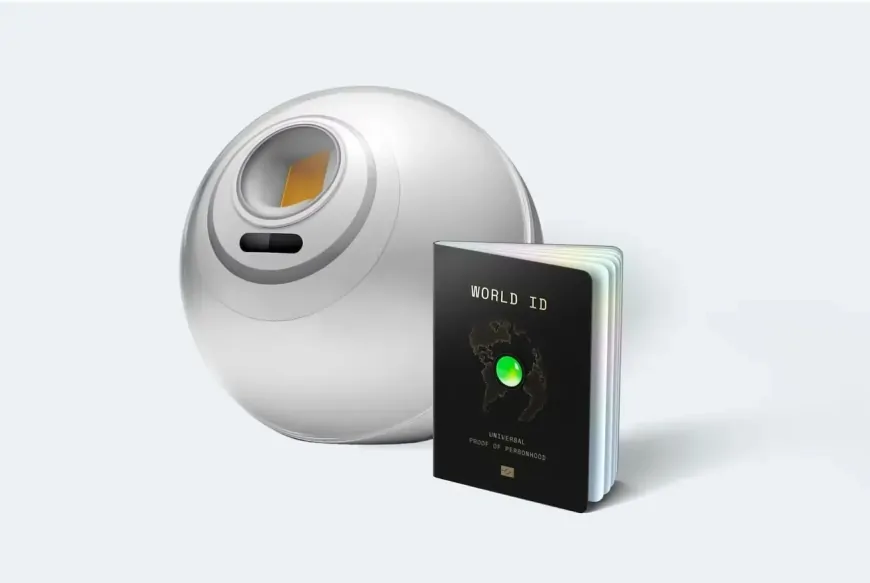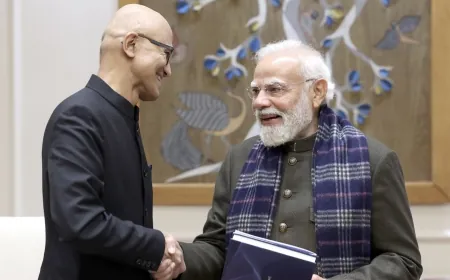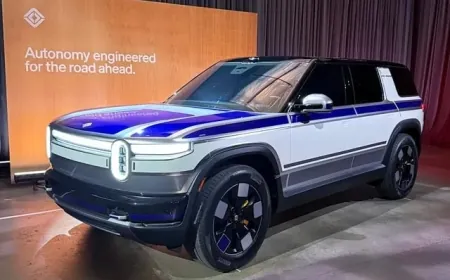Get Free Crypto by Scanning Your Eyeballs—Sam Altman’s World Project Now Live in the U.S.!
Sam Altman’s crypto project pays you in WLD for scanning your eyes. Now live in 6 U.S. cities—grab free crypto just for being human!

A cryptocurrency initiative co-founded by OpenAI CEO Sam Altman has officially launched in the United States, bringing its unique eyeball-scanning technology to the public. The project, developed by Tools for Humanity and previously known as Worldcoin, has now rebranded to "World" and is making its U.S. debut with iris-scanning devices and a cryptocurrency reward system.
Residents in cities including Atlanta, Austin, Los Angeles, Miami, Nashville, and San Francisco can now visit designated locations to have their irises scanned through a specialized device known as the "orb." Participants who verify their human identity through this biometric process are granted a digital identity, referred to as a World ID, and receive WLD, the project's native cryptocurrency. These services are accessible via the official World app.
The U.S. rollout marks a significant milestone for the project, which initially avoided launching domestically due to regulatory uncertainties. When Worldcoin debuted in July 2023, its creators opted to exclude the U.S. from the token distribution, citing legal ambiguity. In a joint statement at the time, Altman and Tools for Humanity CEO Alex Blania expressed hopes that the evolving regulatory environment would eventually allow broader participation.
That time appears to have arrived. With President Donald Trump back in office and former SEC Chair Gary Gensler having stepped down, the U.S. crypto regulatory landscape has shifted. Multiple crypto firms—including OKX and Nexo—have returned to the American market in recent months, crediting a more innovation-friendly atmosphere under the new administration. Nexo cofounder Antoni Trenchev praised the Trump administration’s approach, stating that the U.S. had once again become a hub for crypto innovation.
Under the current government, key regulatory agencies like the SEC and the Commodity Futures Trading Commission have scaled back their enforcement efforts targeting digital assets. The Justice Department has also shuttered its crypto-specific investigation unit. Notably, the SEC has dropped several high-profile cases involving major crypto firms such as Coinbase, Ripple, Uniswap, and Kraken.
Founded in 2019, World has positioned itself as one of the most ambitious ventures in the blockchain space. By using custom biometric hardware to verify users’ identities, the project aims to establish a global framework for proving human authenticity online—particularly critical as artificial intelligence becomes more sophisticated. At the same time, World seeks to distribute a decentralized currency as a basic financial right.
Despite raising hundreds of millions in funding, World has faced pushback from regulators and privacy advocates around the globe. With approximately 12 million people enrolled so far, the company has set its sights on scanning billions of individuals. Whether this recent U.S. expansion leads to widespread adoption remains to be seen. The intersection of digital identity, privacy, and cryptocurrency is still a topic of active debate—and World is placing itself at the center of that conversation.
World Project FAQs
What is the World project and how does it work?
Why can't U.S. users receive WLD tokens yet?
Which cities can U.S. residents visit for the iris scan?
- Atlanta
- Austin
- Los Angeles
- Miami
- Nashville
- San Francisco
How does World protect user privacy during the iris scan?
What is the "Orb mini" and how is it different from the original Orb?
Can I use the World app for more than just identity verification and cryptocurrency?
What are the pioneer grants for World users?
How does World handle biometric data storage and security?
Has World faced any regulatory challenges in other countries?
- Kenya suspended World operations citing privacy concerns.
- France and Germany have launched investigations into the use of biometric data by World.
How many people have participated in the World project so far?
What is the future vision for the World project?
Who are the main investors behind the World project?
What is the potential use of WLD tokens in the future?
How can I participate in the World project as an international user?
Also Read: Adobe Rolls Out 'Do Not Train' Tag to Block AI From Using Your Photos





























































